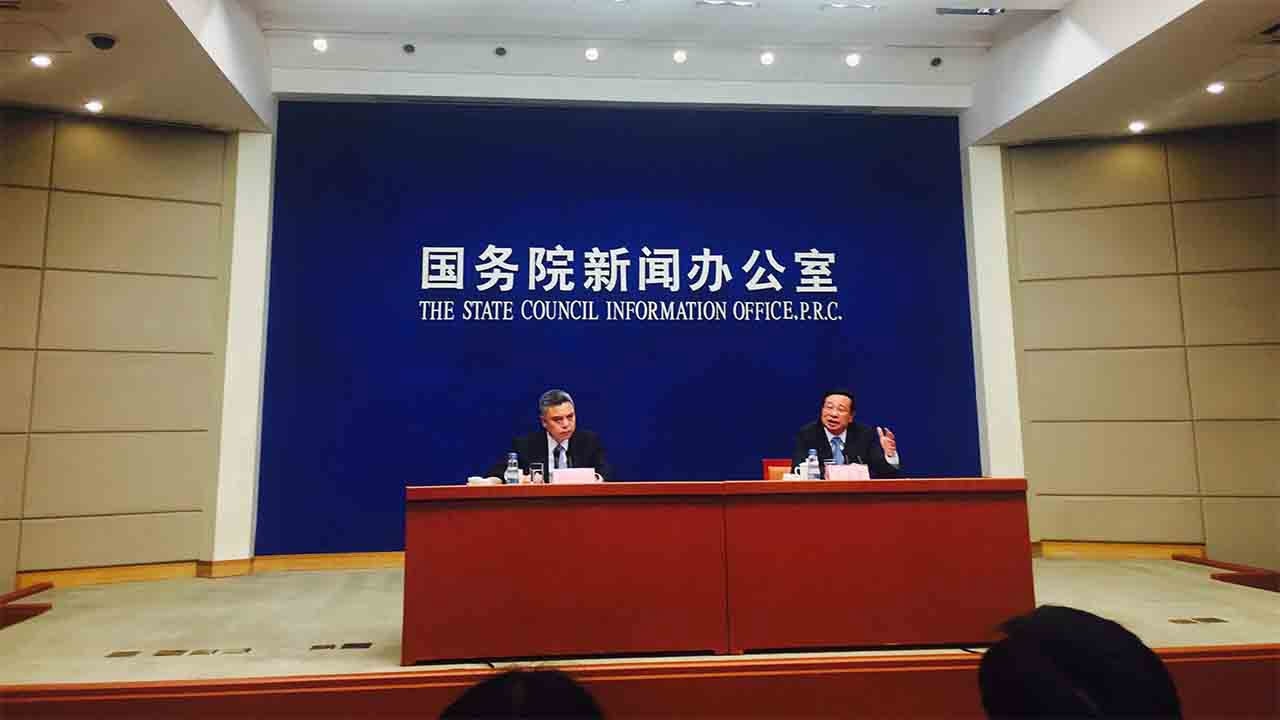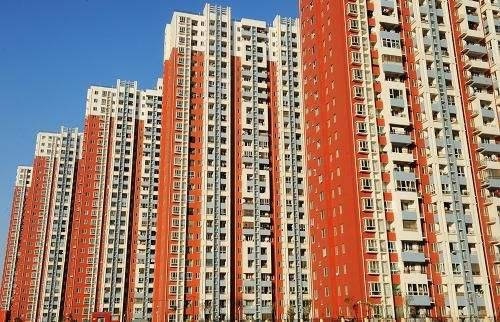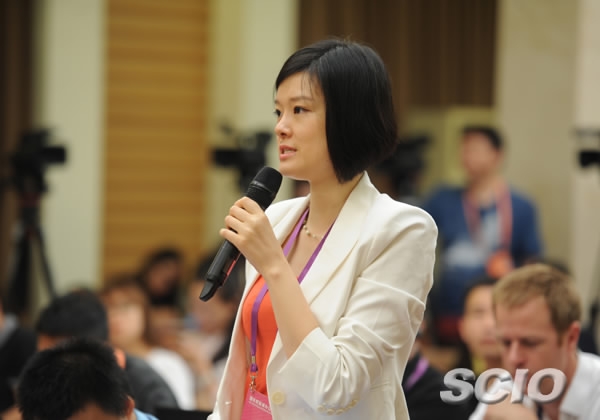
Business
11:12, 14-Aug-2017
China’s July economic activities see slower but stable growth
By CGTN's Zou Yun

A flurry of important economic indicators were released on Monday, showing steady growth in China in July and indicating momentum of economic development stabilizing while continued structural adjustment pays off.
Data from the National Bureau of Statistics show industrial output grew at 6.4 percent in July, slower than the previous month but better than the same period last year.
The country's value-added industrial output grew 6.4 percent year on year in July, compared with the 7.6 percent increase for June.
There were also signs of increased production and supply of electricity, gas and water, despite a drop in mining.
High-tech industry and equipment manufacturing sector saw more rapid growth than the average industrial output by 5.7 percent and 4.3 percent respectively.

Xinhua Photo
Xinhua Photo
Fixed-asset investment grew steadily at 8.3 percent year-on-year in the first seven months of this year, down from 8.6 percent for the first half this year.
Spokesperson for the National Bureau of Statistics Mao Shengyong said the improving trend is continuing and structural adjustment is deepening. Even though some indicators went down slightly, a steady growth should continue throughout this year.
“From the three major driving forces of our economy which are consumption, investment and export, we believe the strong momentum of those sectors is capable enough to support the steady growth of the second half of the year," said Mao. "It’s also normal, even if the GDP slows downs 0.1 or 0.2 percent, because this growth rate will top the list of major global economies. ”

CGTN reporter Zou Yun at press conference at State Council Information Office on August 14, in Beijing.
CGTN reporter Zou Yun at press conference at State Council Information Office on August 14, in Beijing.
Data in the real estate sector showed signs of slowing down, with investment in this sector between January-July rising 7.9 percent from the same period a year earlier, easing from a 8.5 percent growth in the first half of the year.
Mao said this is the result of the cooling property market and that curbing measures are taking effect.
Even though some are concerned the weaker property market could pose a threat to China’s economy, officials say the drop in the sector is reasonable.
“Despite sales of commercial buildings measured in floor space went down slightly, it still reached a 2-digit growth. Investment in the property sector also declined slightly, but it performed better than last year. So we believe even though the real estate market showed signs of cooling down, it remains stable."
While some indicators in July point to a slowdown in economic activity due to a cooling property sector and weaker growth in investment, many experts believe the challenges are short-term and that overall economic growth in the second half of the year will remain relatively strong.
3km

SITEMAP
Copyright © 2018 CGTN. Beijing ICP prepared NO.16065310-3
Copyright © 2018 CGTN. Beijing ICP prepared NO.16065310-3